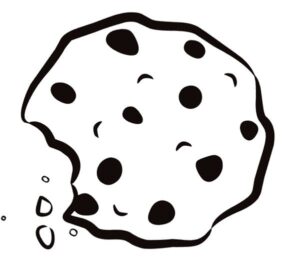Here at Claire’s School Solutions, our main priority is that you are happy and comfortable at work. We will always put you and your needs first, and we’re always here if you need to talk.
World Mental Health Day is today, so we have put together a mental health matters blog post talking all about anxiety. Most people will suffer from a mental health condition at some point in their lives, and we think it is important that those people receive the help they deserve to get through tough times. Whether it is you suffering, or a child you are working with, we want you to be able to use this blog post in any way you can to help.
If you are ever struggling and need someone to talk to, please don’t hesitate to get in touch. Our contact details are at the end of this post.
What is anxiety?
Anxiety is a very common mental health disorder. It can vary in intensity for each person and can be really lonely to deal with as, even though it is very common, it can be hard to find someone suffering the exact same things as you.
Everyone will experience anxiety at some point in their lives, it is a natural response to stressful situations. However, some people find it hard to control their anxiety throughout their daily lives.
The main form of anxiety we hear about is Generalised Anxiety Disorder (GAD) which is a long-term condition that can cause people to feel anxious most of the time and struggle to feel relaxed.
Symptoms of anxiety
Symptoms vary from person to person. Here are the most common symptoms:
- Feeling restless or worried.
- Trouble sleeping.
- Trouble concentrating.
- Racing heart or dizziness.
Anxiety can also lead to panic attacks or anxiety attacks.
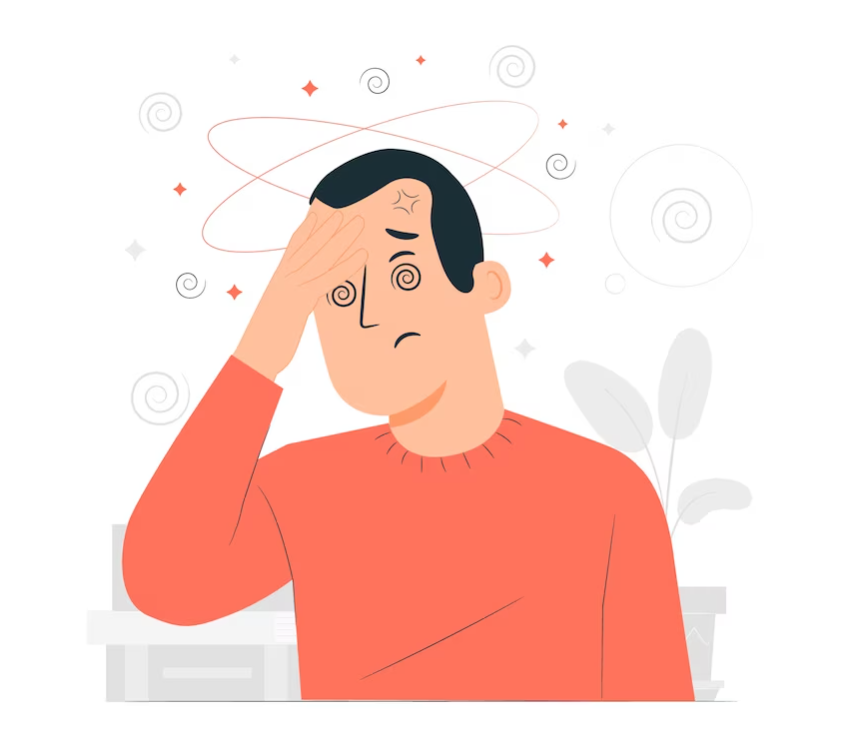
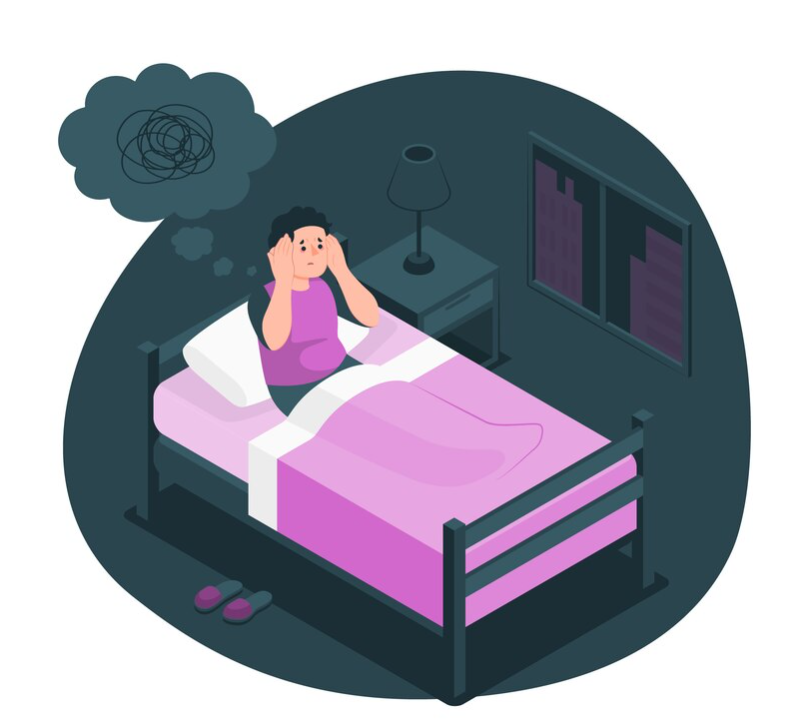
What causes anxiety?
The cause of anxiety has not yet been determined, but many different factors can contribute to developing anxiety:
- Genes inherited from your parents.
- History of traumatic experiences.
- Having a painful long-term health condition.
- Drug or alcohol misuse.
However, some people can develop GAD for reasons unknown.
Difference between anxiety and panic attacks
Sometimes, it can be hard to tell whether you’re experiencing an anxiety attack or a panic attack. Here are some ways you can differentiate between the two.
This blog post is only to help educate you and give you some tips on how to handle anxiety and panic attacks. However, if you are experiencing anxiety and are struggling to cope, please talk to your GP.
Anxiety attacks
- Can be mild, moderate or severe.
- Tend to last longer than panic attacks, varying from minutes to hours to days.
- Triggered by a certain situation or stressor.
- Physical symptoms can vary from person to person, but some common symptoms are a pounding heart, sweating, shakiness, excessive worrying, and fight-or-flight.
- Tend to build up gradually.
- More common in people with anxiety.
Panic attacks
- Intense fear and panic.
- Can have a trigger or can come out of the blue.
- Anyone can have one, whereas anxiety attacks are more common in people with anxiety.
- Panic attacks tend to produce similar symptoms in everyone, which isn’t the case with anxiety attacks.
- Common symptoms are a racing heart, feeling sick, trembling, sweating, shaking, quick breathing, and dizziness.
- It often makes people worry they are dying or are really ill.
- They don’t tend to last as long as anxiety attacks, but they come on more suddenly.
- Can be a one-off, whereas anxiety attacks tend to happen more often. However, this all depends on the person and the level of anxiety.
When to seek help?
It is important you seek help if anxiety is taking over and you are struggling to carry on with your daily life.
Treatment options
When suffering from anxiety, there are a few different treatments available:
- Talking therapy
- Medication
There are also many ways you can help yourself or others.
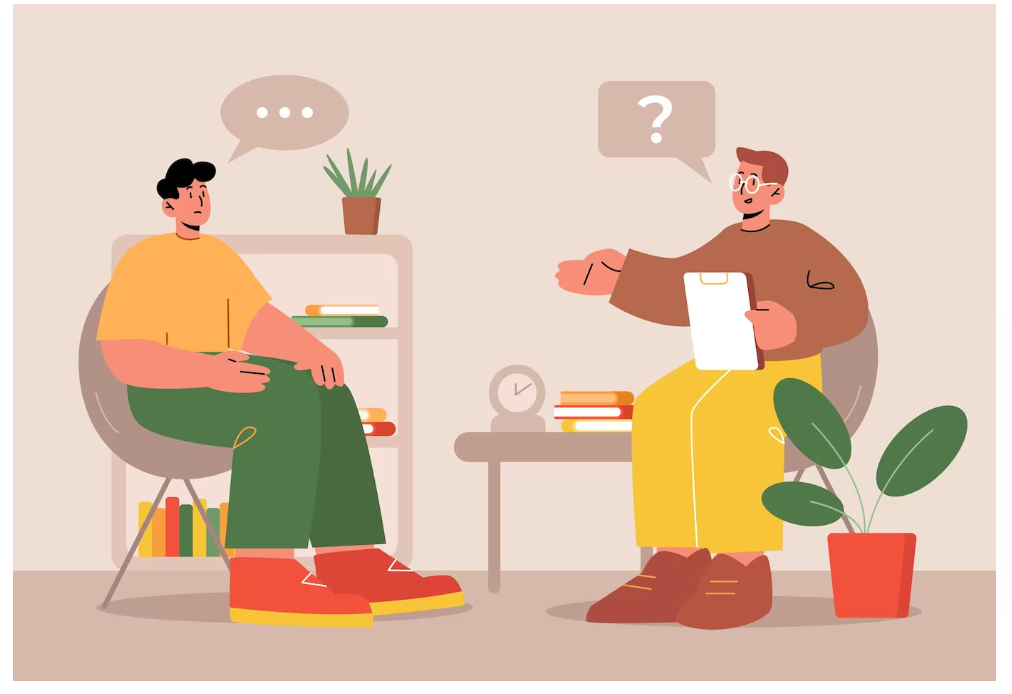

Tips to cope with anxiety
Here is a list of different tips and tricks you can use to help alleviate anxiety in yourself or others. You might find that some work better than others.
- Fidget toys – fidget toys can help ground you by forcing you to focus on your senses.
- Breathing exercises.
- Regular exercise helps alleviate anxiety in the long term.
- Stay hydrated – dehydration can make symptoms, like dizziness, worsen.
- Start a journal – sometimes it helps to get your worries out.
- Try the 5-4-3-2-1 method (explained below).
- Use ice on your pressure points – this helps cool you down and ground by helping you focus on your senses.
- Name five different things (explained below).
- Distract yourself – watch TV, do some colouring, go on a walk, etc.
- Meditate.
- Ask for help – sometimes, others are better at helping you than you are at helping yourself.
- Smell soothing scents, e.g., lavender.
- Play with your pets – pets are known to decrease anxiety levels.

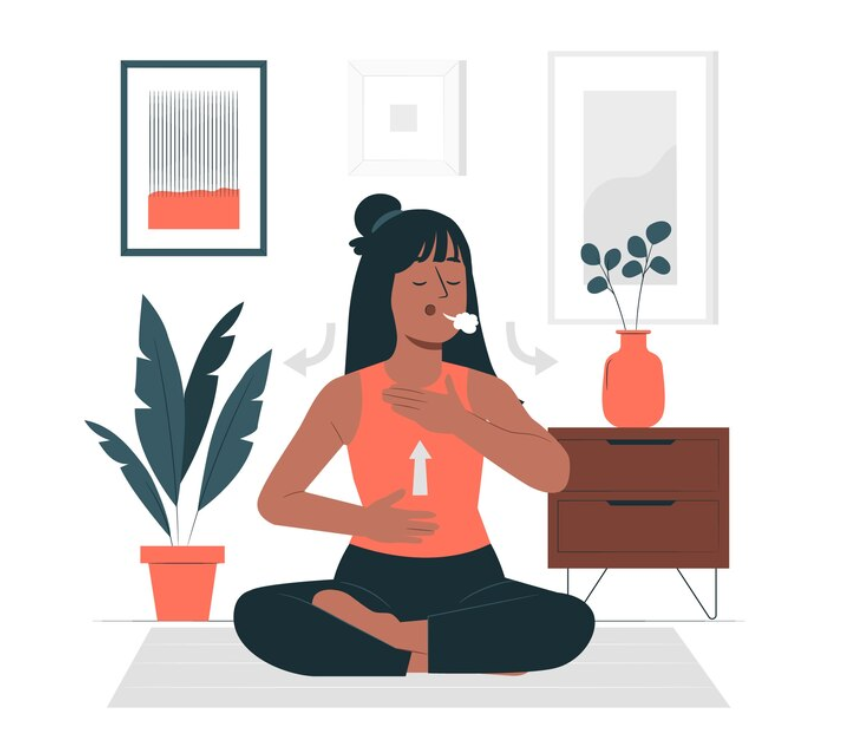

The 5-4-3-2-1 Method
The 5-4-3-2-1 method helps alleviate anxiety by forcing you to focus on your senses and ground yourself. Here is how to use this method:
Name FIVE things you can see.
Name FOUR things you can touch.
Name THREE things you can hear.
Name TWO things you can smell.
Name ONE thing you can taste.
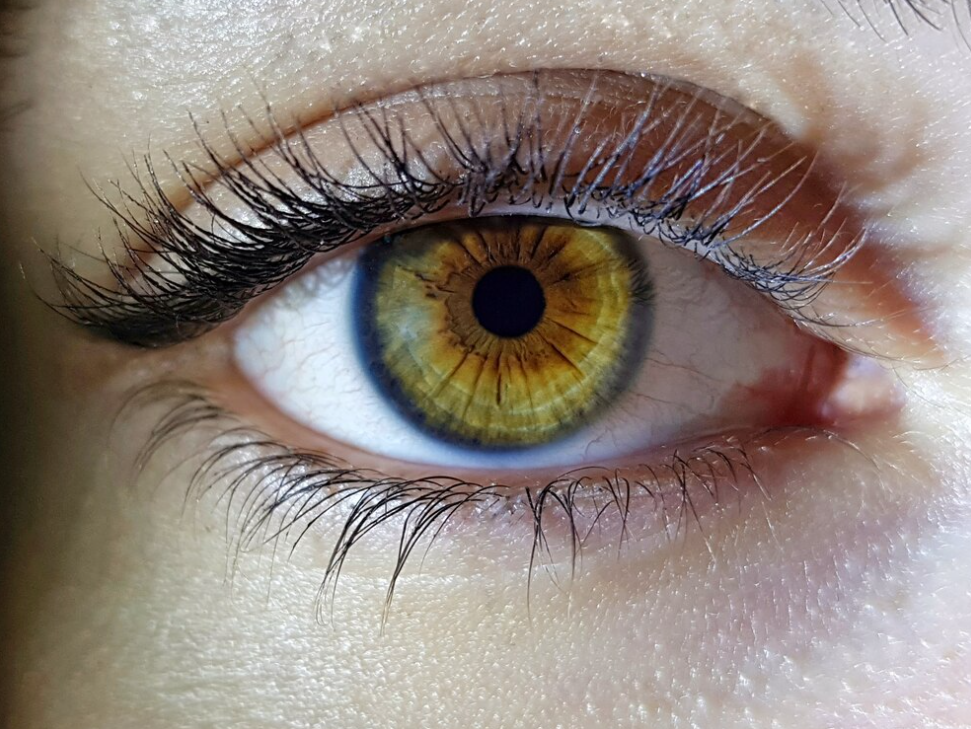
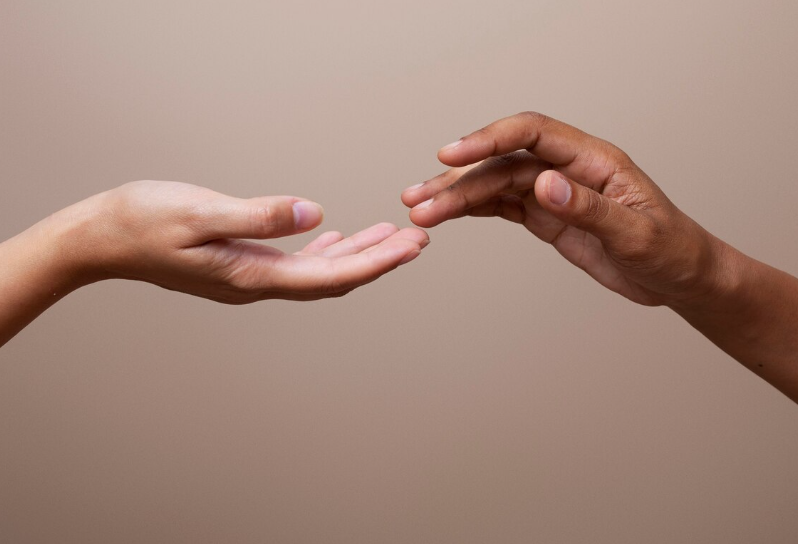
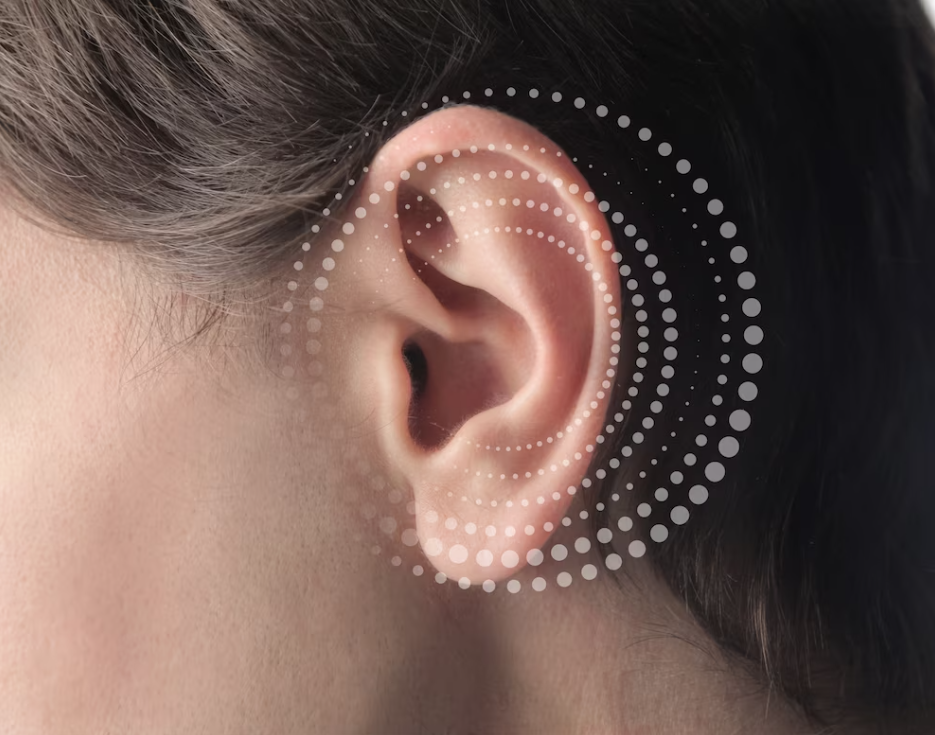


Name five…
Another great grounding technique is to name five different things about any topic of your choosing.
You could name five different colours, ice cream flavours, animals, countries etc., and this helps to ground you, or a child, from panicking.
I like to use the ‘What’s Up?’ app when I can’t think of a topic. It gives you prompts of different topics to name, after each one you fill in a little star so you can keep track of how many you’ve found. ‘What’s Up?’ is also filled with other different grounding techniques which makes it a great app for you or your pupils to use when feeling overwhelmed.
Online resources
What’s Up? – https://apps.apple.com/gb/app/whats-up-a-mental-health-app/id968251160
NHS – https://www.nhs.uk/mental-health/conditions/generalised-anxiety-disorder/self-help/
Calm – https://play.google.com/store/apps/detailsid=com.calm.android&pcampaignid=web_share
https://play.google.com/store/apps/details?id=com.jacksontempra.apps.whatsup&pcampaignid=web_share
Best wishes from
Claire’s School Solutions x
If you need someone to talk to, please contact us or pop in to the office:
01332 842424
Unity Mill House, Derwent Street, Belper, Derbyshire, DE56 1WN
